The era of personal computer is ready for a comeback in style, this time in cloud. The startup Data he presented Space OSwhich wants to give us a PC experience: no apps that only work by connecting to the cloud, but full control of software and personal privacy. Yet, everything is accessible from a web page. A kind of oxymoron, which wants to keep together the convenience of the cloud while making us masters of the software installed and the data we create using it.
Space OS, the startup Deta brings the whole PC experience to the cloud
Mustafa Abdelhai, co-founder and CEO of Deta, explains to The Verge that the desktop of the future should be a vast digital canvas. Where users can take notes, watch movies or run apps by simply drawing on the screen. All in one interface without having to jump from app to app. Furthermore, the user should be able to download and own the software, just as they did with personal computers 20 years ago. But all this should happen within a web browser.
Deta, a startup based in Berlin, presented what it calls the “personal cloud computer” in the last two years. Space OS wants to bring back the personal control on the PC, in an era where cloud computing means programs are subscription-based and data is stored in public clouds. And even though the data will be on an AWS server, it will be a private, encrypted cloud that only you can access. From anywhere and with any device.
How Space OS works, the PC on the cloud
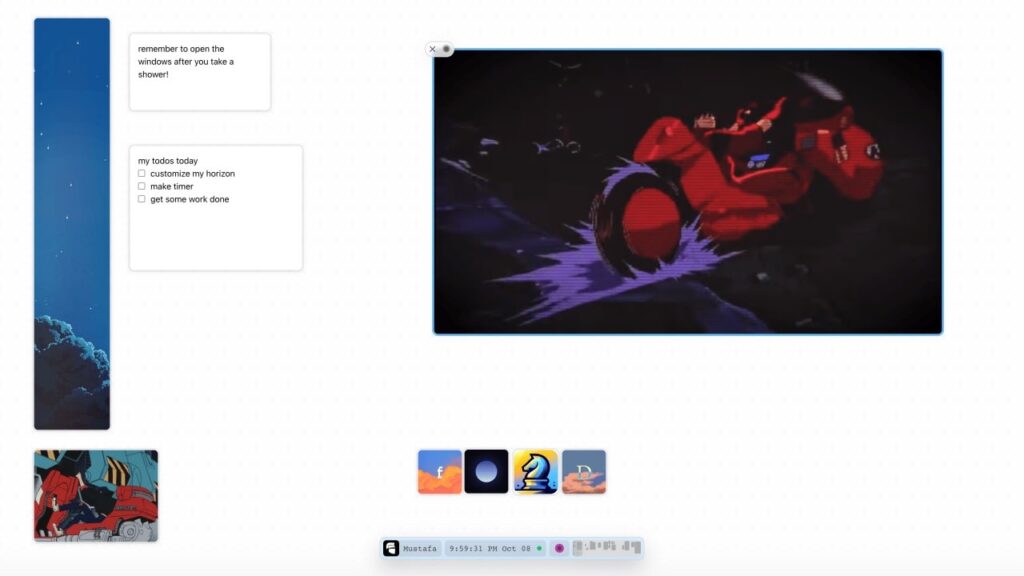
On Space OS you can draw rectangles on the “infinite canvas” to add text boxes, icons, videos, website links and more. Basically, you can create interactive widgets for every app, list, and service you use, allowing for a high degree of customization.
The heart of the system is Discovery, the Deta app store, where users can download various apps. There are WebCrate per il bookmarking, Minima to take notes, file box for file storage, Black Hole for photography, e Temper for creating websites. All apps run as virtual machines on the user’s “personal cloud”. This means that every app is completely isolated and does not access user data.
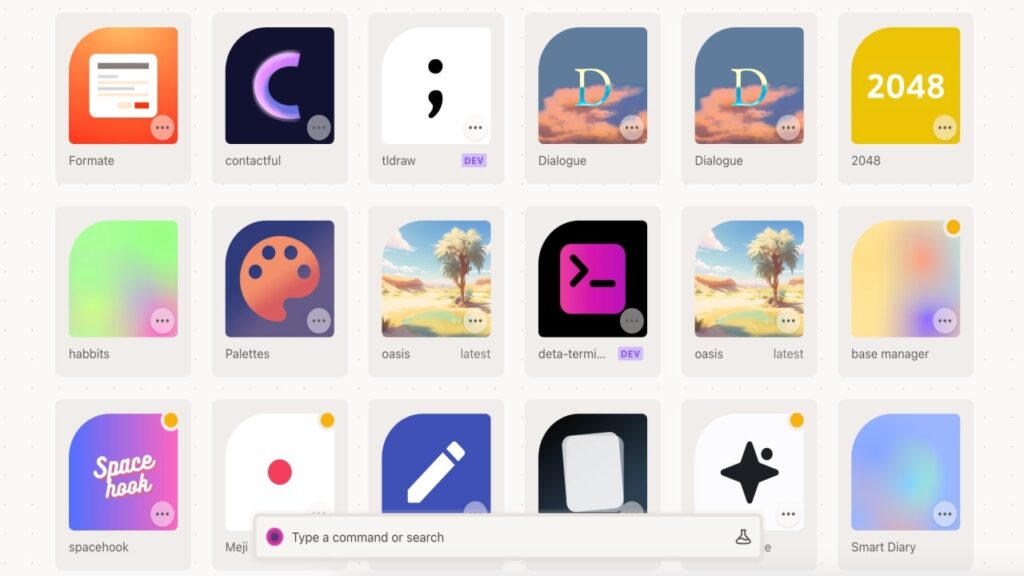
Users can log into Space OS simply by visiting the URL of their “personal cloud”. Abdelhai explained that Deta is working to enable apps to work locally and offline, making the experience more seamless and accessible. And while Deta offers some basic features for free, users can choose to pay for additional features and storage.
A new way to return to the past
What Deta is trying with Space OS is to create innovative: a personal computer nel cloud. However, it must be emphasized that this idea is not entirely new. Google believes in it with Chromebooks, Microsoft has introduced Cloud PC as a potential game changer. But according to Mustafa Abdelhai, these previous efforts were limited.
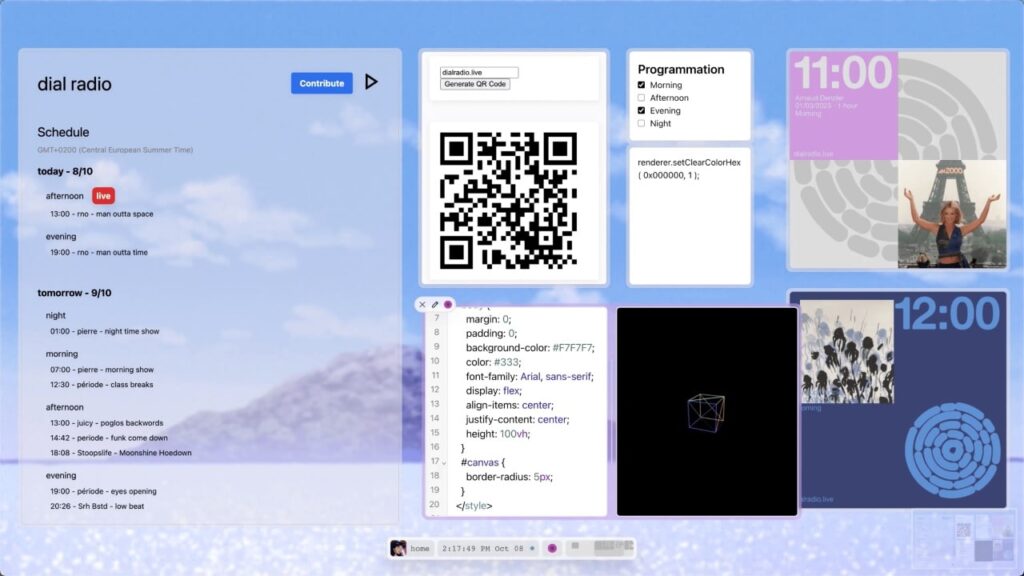
Deta focuses on a broader vision: It’s not just about bringing Windows to the Internet, it’s about reinventing the concept of personal computing. Deta wants to redesign apps, improve privacy and data management, and transform devices from collections of isolated apps into a more fluid and interactive environment.
According to Abdelhai, Space OS can enable our aGoogle Docs, Notion, Figma and Slack accounts to collaborate and exchange data, without the need to switch to different public clouds. All our data is on Space OS and we can connect it. Or at least, we will be able to do so if Deta realizes its ambitious project. But the company already has integrated some productivity tools well known on its platform.
Currently, each app works in isolation, but Deta wants to transform software into a set of interconnected tools. In the future, this could lead to a versatile environment that can serve as a gaming platform, creative tool and much more.
An interesting future, but is it achievable?
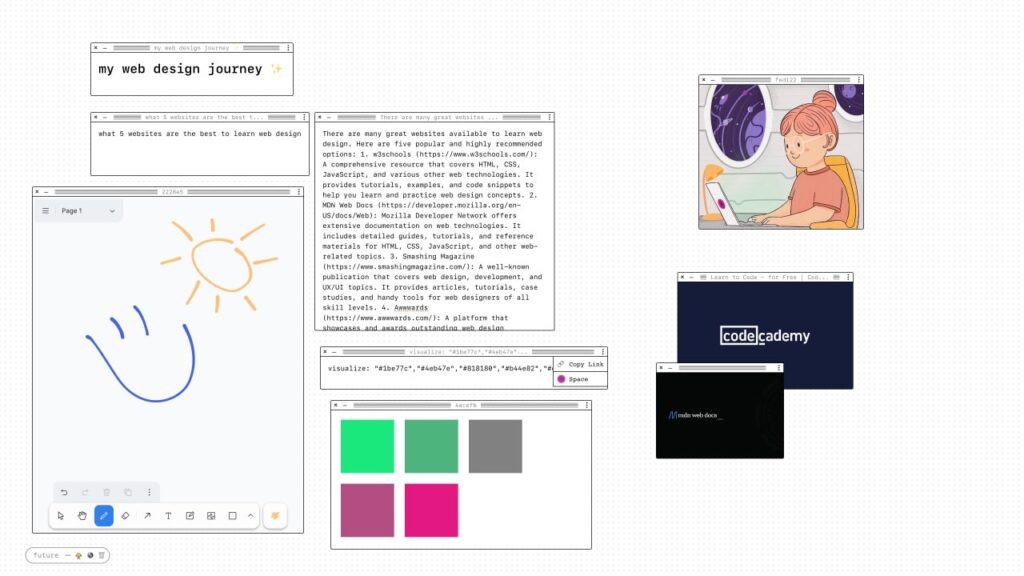
However, i There is no shortage of doubts regarding Space OS. In particular, it should convince users to centralize their digital life on Deta’s servers: if they don’t trust other cloud operators, why trust this startup? And then, what will happen to personal cloud data if Deta goes bankrupt or goes out of business?
Deta’s approach harks back to the early days of computing, when the people bought store-bought software and installed it on their computers. The cloud era has simplified computing, but it has also stripped users of control over their devices. Can Space OS give users that control, without giving up the convenience of the cloud?
Deta ensures users have the complete control of your apps, data and storage. Everything is encrypted and the source code of the apps is available for download. Deta does not profit from advertising or selling user data, according to the CEO.
At the moment, Space OS is still in its infancy: it lacks advanced apps and sophisticated features. However, some features under test promise to attract developer interest. Integration with artificial intelligence Teletypethe creation of app web and use of the system App Actions by Deta. If the Space OS program ecosystem were to expand, perhaps some users and some companies could test this PC on the cloud. And start a strange revolution, which looks to the past of information technology, while focusing on the cloud and artificial intelligence.






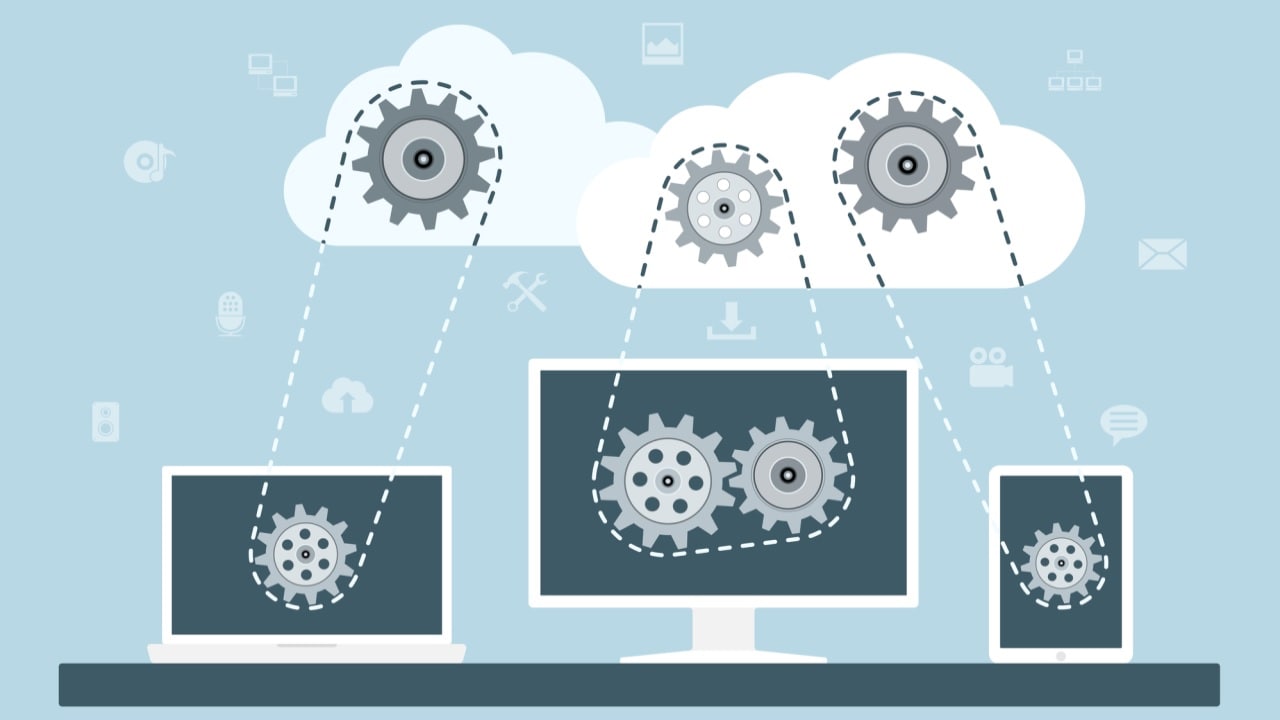








Leave a Reply
View Comments